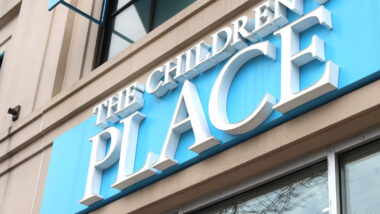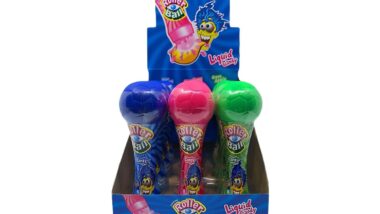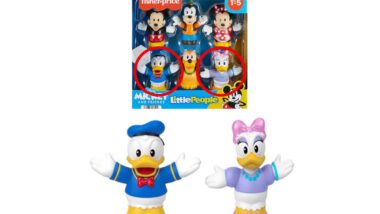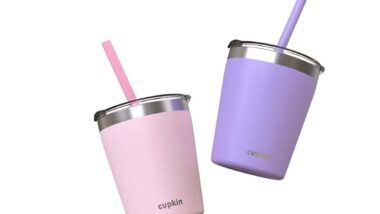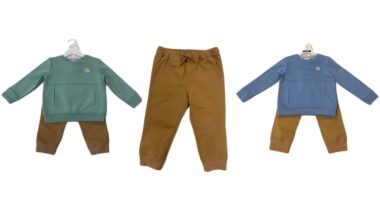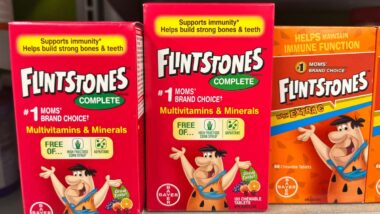Top Class Actions’s website and social media posts use affiliate links. If you make a purchase using such links, we may receive a commission, but it will not result in any additional charges to you. Please review our Affiliate Link Disclosure for more information.

How Does Washington State Law Protect Against False Emails?
The state of Washington led the way with email marketing laws by enacting the Washington Commercial Electronic Mail Act in June 1998. This law prohibits unsolicited commercial emails if such emails are sent to a Washington email address or from a computer in Washington. Senders of emails are not allowed to falsify the point of origin of an email or hide the true identity of the sender.
The part of the law that applies to retail sales most often is the prohibition of a false or misleading phrase in the subject line.
Spam emails are frustrating to most consumers, but they don’t violate Washington anti-spam laws unless they meet the above criteria. According to the state’s website, a subject line is legally deceptive if there is a tendency or even a chance consumers could be deceived. The words don’t have to “actually deceive or harm consumers and there need not be intent to deceive.”
Cases of Washington State Law Violation
Certain marketing emails sent by The Children’s Place allegedly violate Washington law because the subject lines advertise fake sales. Emails advertising “50% off the ENTIRE SITE” or “YAY! 50% OFF EVERYTHING” purportedly mislead customers into believing they will receive a better deal than they actually will find on the website.
According to an investigation, The Children’s Place constantly promotes store-wide and/or website-wide discounts that are supposedly 40 to 60 percent off regular retail prices every day. The merchandise purportedly is never really sold at the “regular retail prices,” which allegedly are fake, inflated prices designed to convince consumers that they are getting a better deal than they truly are.
Washington law says that you don’t need to have acted on the email by buying anything to be covered by the protections offered by the anti-spam email law. You only have to receive an email that includes a deceptive offer in the subject line.
The Washington Attorney General’s Office filed its first spam lawsuit in 1998 when a Salem, Ore. company and its owner were accused of using false, misleading subject lines in unsolicited commercial emails to residents who lived in Washington.
The class action lawsuit accused Natural Instincts and its owner Jason Heckel of sending spam email with a subject line that said, “Did I get the right e-mail address?” with content that promoted his on-line booklet that provided instructions on profiting from the internet. He was selling the booklet for $39.95.
Christine Gregoire, who was Washington Attorney General at the time, said, “Washington Internet users were bombarded by this spammer with e-mail advertisements for a get-rich-quick scheme.”
Heckel was found liable for having violated the email marketing law and was ordered to pay about $100,000 in fines and court costs. An appeals court upheld the ruling in 2004.
More recently, Carter’s baby clothes faced allegations of violating the Washington email marketing law when it was accused of sending emails that contained the subject line “50-70% OFF EVERYTHING.”
Last June, a Washington consumer filed a class action lawsuit alleging the subject line led her to believe that Carter’s was selling products at prices up to 70 percent lower than Carter’s normal prices for the items. She said she visited stores in two different towns, but did not receive the discounts as touted in the email’s subject line.
How to Respond to a Washington State Law Email Marketing Violation
If you live in the state of Washington and have received a misleading email advertising a sale at The Children’s Place, you could be eligible to join this class action lawsuit investigation. No receipt is required because you need not have purchased anything as a result of receiving the email. You must just have at least one email from The Children’s Place that includes a subject line pertaining to a percentage-off discount online or in-store.
Join a Free The Children’s Place Email Lawsuit Investigation
If you live in Washington and you received one or more emails from The Children’s Place advertising percentage-off discounts, you may have a legal claim.
You don’t need to have made a purchase to qualify; you only need to have received an email with a percentage-off discount in the subject line (for example, “50% off EVERYTHING”).
This article is not legal advice. It is presented
for informational purposes only.
ATTORNEY ADVERTISING
Top Class Actions is a Proud Member of the American Bar Association
LEGAL INFORMATION IS NOT LEGAL ADVICE
Top Class Actions Legal Statement
©2008 – 2024 Top Class Actions® LLC
Various Trademarks held by their respective owners
This website is not intended for viewing or usage by European Union citizens.





